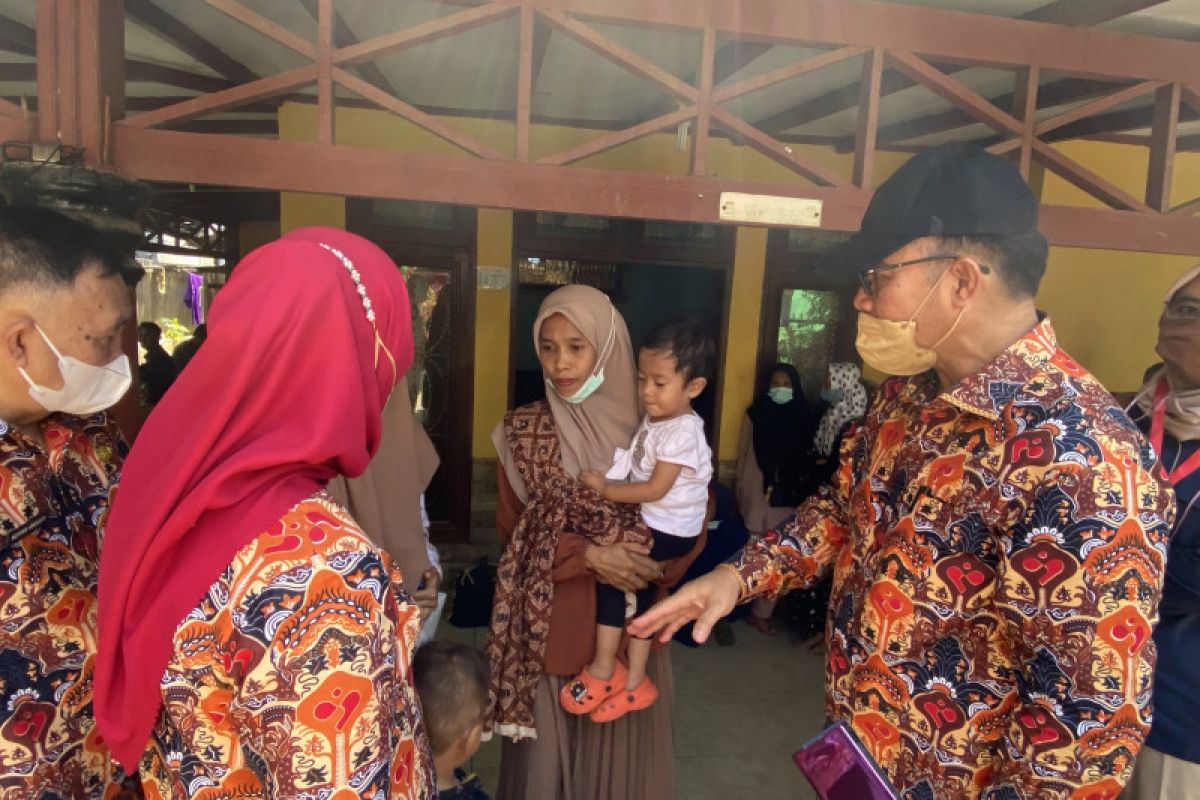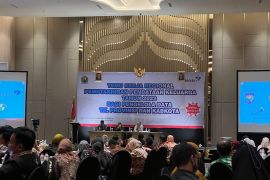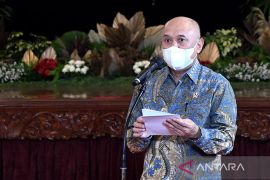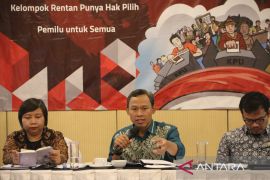“Water sanitation is a serious factor to eradicate stunting; this starts from a clean environment," BKKBN Chief Hasto Wardoyo told ANTARA in Jakarta on Friday.
Slum environments with limited access to clean water and the absence of adequate latrines could contribute 75 percent to childhood stunting, he highlighted.
Given Indonesia's large population, the government needs accurate, detailed, and updated data to protect families from stunting.
Wardoyo said that PK21 can help map targeted families who are at risk of giving birth to stunted children, such as pre-prosperous families, families with lack of sanitation and access to clean water, families living in uninhabitable houses, and families with low maternal education.
PK21 data covers the problems faced by every family at risk of stunting—such as residing in a slum and an uninhabitable house, lacking good sanitation, or having to defecate in open spaces—on a national scale.
“BKKBN already has the name of the families. We have data on which districts do not have access to clean water, do not have latrines, or (where people have a) habit of defecating in an open space. We will work together with the Ministry of Public Works and Public Housing (PUPR) to handle this problem," Wardoyo said.
Related news: BKKBN highlights contribution of unclean environment to child stunting
Together with the PUPR Ministry, BKKBN will continue to monitor and adjust the PK21 data to align it with concrete conditions on the field to ensure every child can grow up healthy and have a comfortable place to live.
Wardoyo also asked the Family Assistance Teams (TPK) in the field to regularly visit each family's house to regularly update the data to prevent new stunting cases.
In addition, he advised local governments to use the PK21 data wisely to resolve problems in their respective regions in an appropriate manner.
PK21 refers to data derived from a BKKBN survey, which was carried out simultaneously across Indonesia by data collection cadres from April 1 to July 6, 2021, as part of efforts to accelerate the reduction of stunting prevalence in Indonesia.
The number of families who were successfully surveyed was 68,478,139, or 102 percent of the targeted 66,828,571 families as of November 4, 2021, when the data collection was successfully completed.
Related news: Education on nutrition crucial for preventing stunting: BKKBN
Related news: BKKBN collaborating with stakeholders to push down stunting rate
Translator: Hreeloita Dharma S, Resinta S
Editor: Suharto
Copyright © ANTARA 2022












